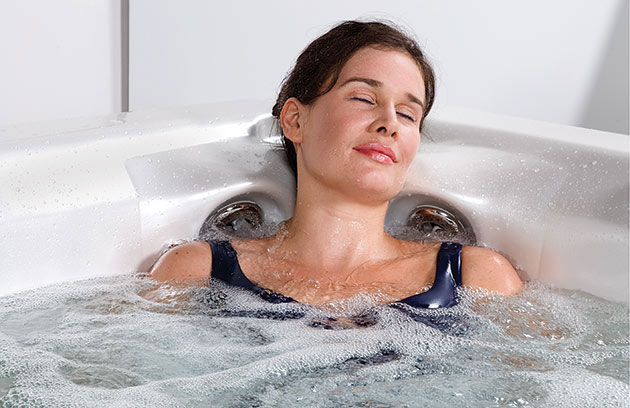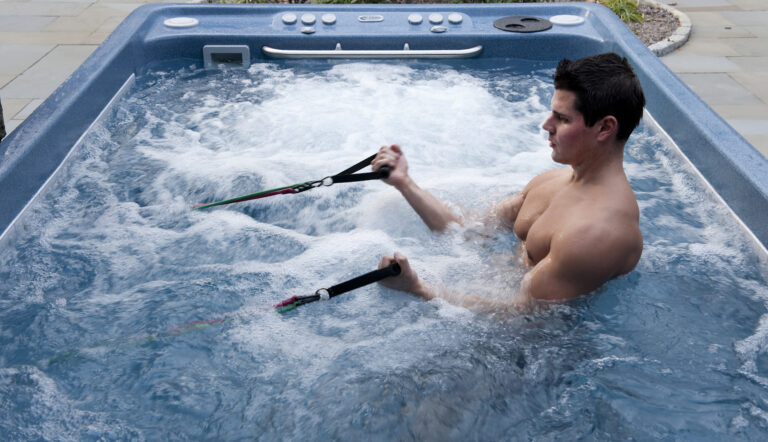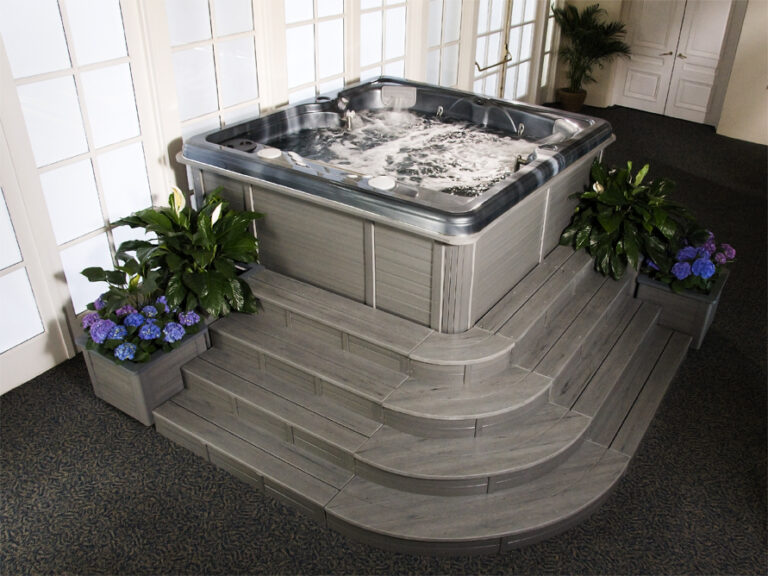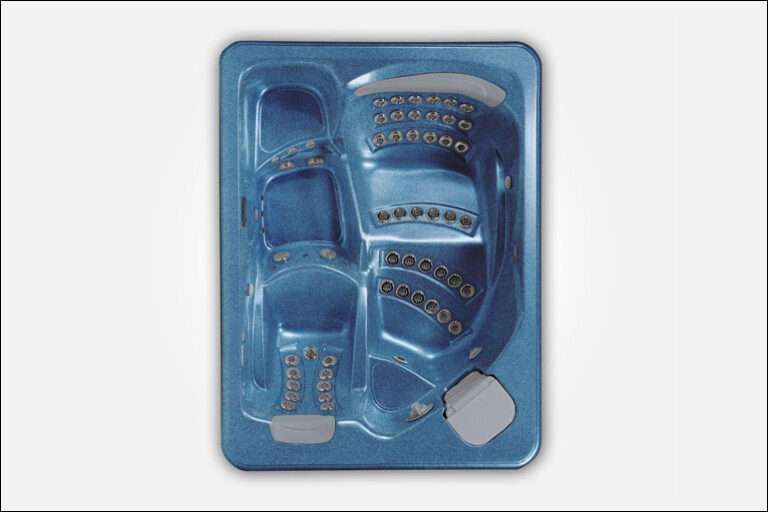As the chill of flu and cold season settles in, many of us find ourselves dreading its impact. Nausea, body aches, congestion, and persistent coughs can make this time of year particularly tough. In response, many seek relief beyond the pharmacy aisle, turning instead to the soothing waters of a hot tub.
Immersing in the warm embrace of a hot tub is not only a comforting escape but also a beneficial way to alleviate flu symptoms and potentially reduce recovery time.
The Therapeutic Power of Hot Tubs During Cold and Flu Season
Last year, we shared insights on how hot tubs can be a sanctuary during the sniffle season. If you missed it, feel free to catch up here. Hot tubs contribute to wellness during flu season primarily by raising your body temperature and encouraging perspiration.
Unlike bacterial infections, flu viruses cannot be treated with antibiotics and must run their natural course. One traditional response of the body to infection is to induce fever, helping combat the virus more effectively. Similarly, raising your body’s temperature in a hot tub creates an artificial fever-like state, aiding in this natural defense mechanism.
Sweating plays a critical role as well, expelling toxins and freeing up the body’s resources to fight the virus. This process of detoxification can help diminish the severity of flu symptoms, making you feel better, quicker.
Optimizing Your Hot Tub Experience When Sick
To begin with, ensure your hot tub is clean and chemically balanced. An unbalanced hot tub can aggravate symptoms instead of soothing them, so it’s crucial to check the water’s chemical levels before each use.
When using the hot tub for flu relief, limit your sessions to about 20 minutes at a time. Overexposure can lead to dehydration, particularly when your body is already compromised by illness. Ensure you hydrate generously between sessions to replace fluids lost through sweating.
Setting the Scene for Symptom Relief
Turn up the heat to the highest safe setting, typically capped at 104 degrees Fahrenheit by industry regulations, to induce that artificial fever. Though it may feel intense initially, your body will adapt, kickstarting the healing process.
Do not overlook the benefits of your hot tub’s jets. The flu often causes unusual muscle soreness, and strategic use of the jets can provide targeted relief. ThermoSpas’ Total Control Therapy system is especially effective, allowing you to adjust the jet intensity directly to the areas in need, comforting sore muscles and facilitating a quicker viral defeat.
Additional Tips for Respiratory Relief
Beyond muscle aches, hot tubs can assist in clearing blocked nasal passages, a common flu symptom. The steam from the hot water works wonders in loosening mucus. For enhanced relief, a small application of eucalyptus oil or Vicks under your nose can help open up the airways. Always have a towel handy to handle any mucus discharge—it’s better out than in, as they say!
Post-Soak Care
If your hot tub is outdoors, be prepared for the transition back inside. Have a warm robe and towel ready to wrap up as soon as you exit the tub, minimizing exposure to the cold air, which could exacerbate symptoms.
Consider Installing Your Own Hot Tub
With these points in mind, a hot tub can significantly enhance your capability to manage and recover from the flu. If the convenience and benefits of a personal hot tub appeal to you, contact ThermoSpas for expert advice on choosing and installing the right model for your needs.
Remember, while a hot tub can provide substantial relief from flu symptoms, it is not a substitute for professional medical advice. Always consult a healthcare provider for severe symptoms or if you have health concerns about using a hot tub when unwell.
Concluding Thoughts
As we navigate flu season, a hot tub can be more than just a luxury; it can be a tool for health and well-being. By understanding and utilizing the therapeutic benefits of hot tubs, you can turn a season of discomfort into a manageable, more comfortable experience. Stay warm, stay hydrated, and here’s to a healthier flu season!
Note: The above information is not intended as medical advice. Always consult with a qualified health professional before making decisions about health treatments.




